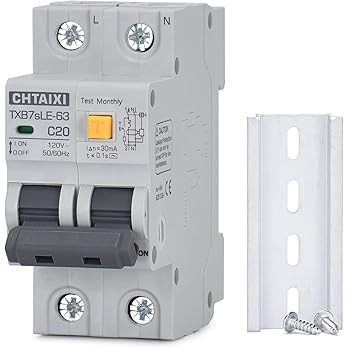A friend of mine has an amp rack that will not play nicely with GFCI's. First thing I thought is, "Well, is there a ground fault?" I asked him to measure resistance of the AC leads coming out of the amp. He said he's getting 1 ohm between neutral and ground, which slowly drops to 0 ohms. It works fine on non-GFCI outlets.
I'm by no means and EE, but AFAIK there shouldn't be any path between hot or neutral and ground inside equipment itself (obviously different story at the panel).....and certain not 1 ohm??? Then again, I'm not up on how SMPS's work. Anyway, can any of ya'll advise what might be going on here? Thanks!
PS The amp in question is a CVR 4ch power amp.
I'm by no means and EE, but AFAIK there shouldn't be any path between hot or neutral and ground inside equipment itself (obviously different story at the panel).....and certain not 1 ohm??? Then again, I'm not up on how SMPS's work. Anyway, can any of ya'll advise what might be going on here? Thanks!
PS The amp in question is a CVR 4ch power amp.





![Electronics Soldering Iron Kit, [Upgraded] Soldering Iron 110V 90W LCD Digital Portable Soldering Kit 180-480℃(356-896℉), Welding Tool with ON/OFF Switch, Auto-sleep, Thermostatic Design](https://m.media-amazon.com/images/I/41gRDnlyfJS._SL500_.jpg)



























